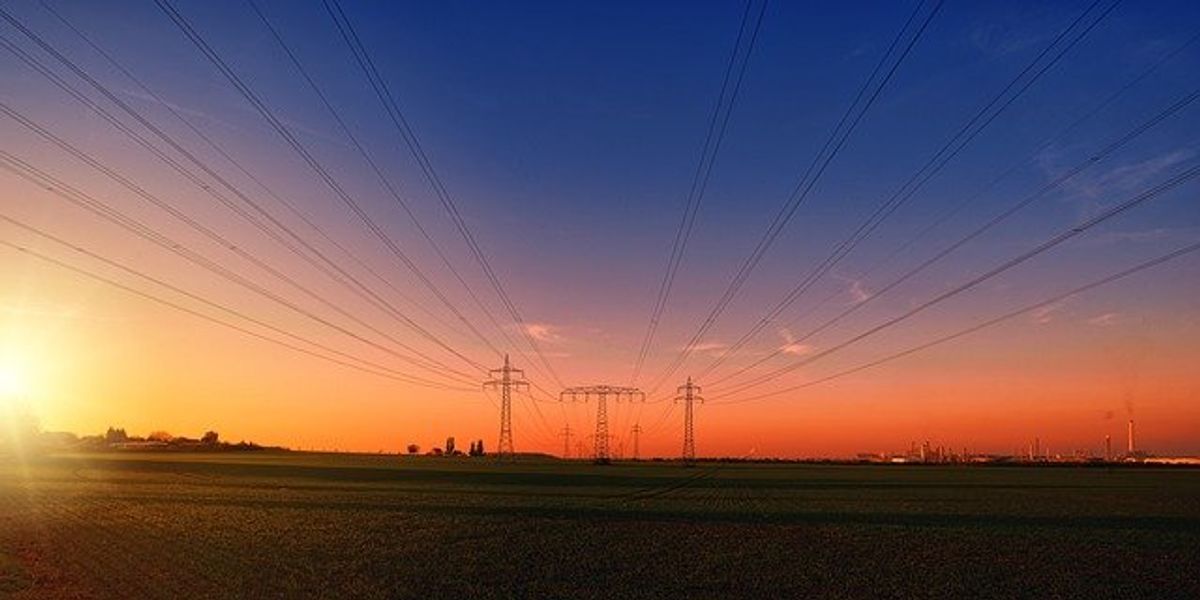
Shell’s offshore oil ships face ongoing safety problems years after massive Nigeria spill
Shell’s oil production fleet, including the vessel at the center of a 2011 Nigerian spill, continues to show safety flaws years later, raising concerns about the risk of future disasters.
Ed Davey reports for The Associated Press.
In short:
- Internal Shell reviews and whistleblower accounts show that major safety issues persist on Shell's offshore oil ships, including the Bonga vessel, which spilled 40,000 barrels of oil in 2011. A 2022 audit flagged “high risk” transfer systems — the same kind that failed during the earlier spill.
- Other vessels in Shell’s fleet, including the Fluminense off Brazil and the Prelude off Australia, also showed signs of serious decay and safety lapses. Reports describe fire hazards, corroded equipment, and chemical exposure risks, with some workers injured and others raising alarms internally.
- Internal surveys and communications show that Shell once set legal thresholds for safety concerns based on worker feedback, but later abandoned them. Experts say the company’s failure to act on known issues weakens its claims of a safety-first culture.
Key quote:
“One mistake can cost a lot of lives. If you don’t maintain that equipment, that’s when the fires happen, that’s when the explosions happen.”
— Irina Woodhead, former Shell safety engineer
Why this matters:
Floating production storage and offloading units—FPSOs—are marvels of offshore engineering, often operating miles from land to tap into deepwater oil reserves. They serve as floating refineries, storing and processing oil on-site before offloading it to tankers. But behind their slick, self-sustaining exterior lies a more troubling truth: Many of these vessels are aging, overworked, and under-regulated. When a failure happens—whether it’s a blowout, a leak, or a structural breach—the results can be catastrophic.
Learn more: Shell faces legal battle in London over oil pollution in Nigeria














